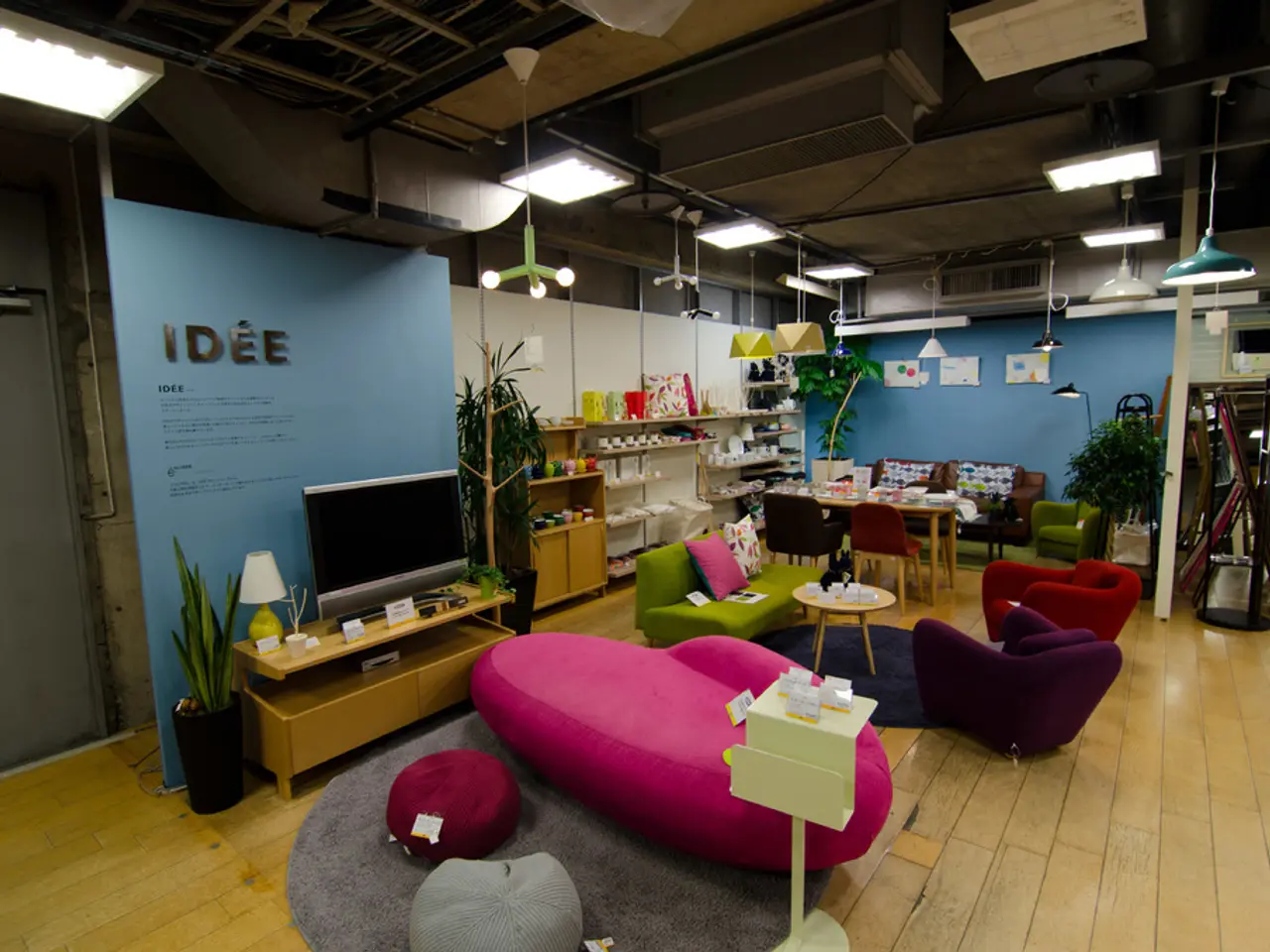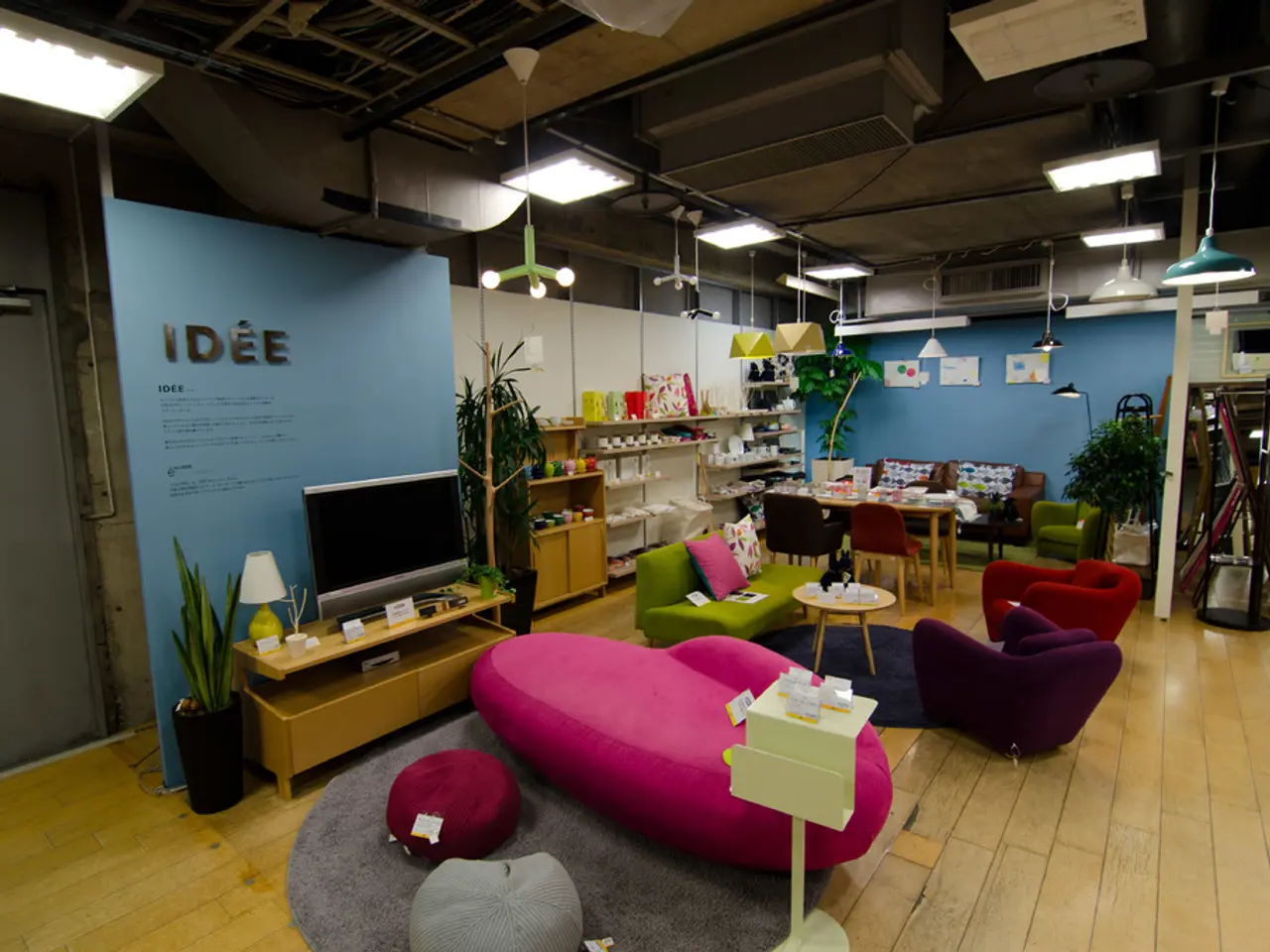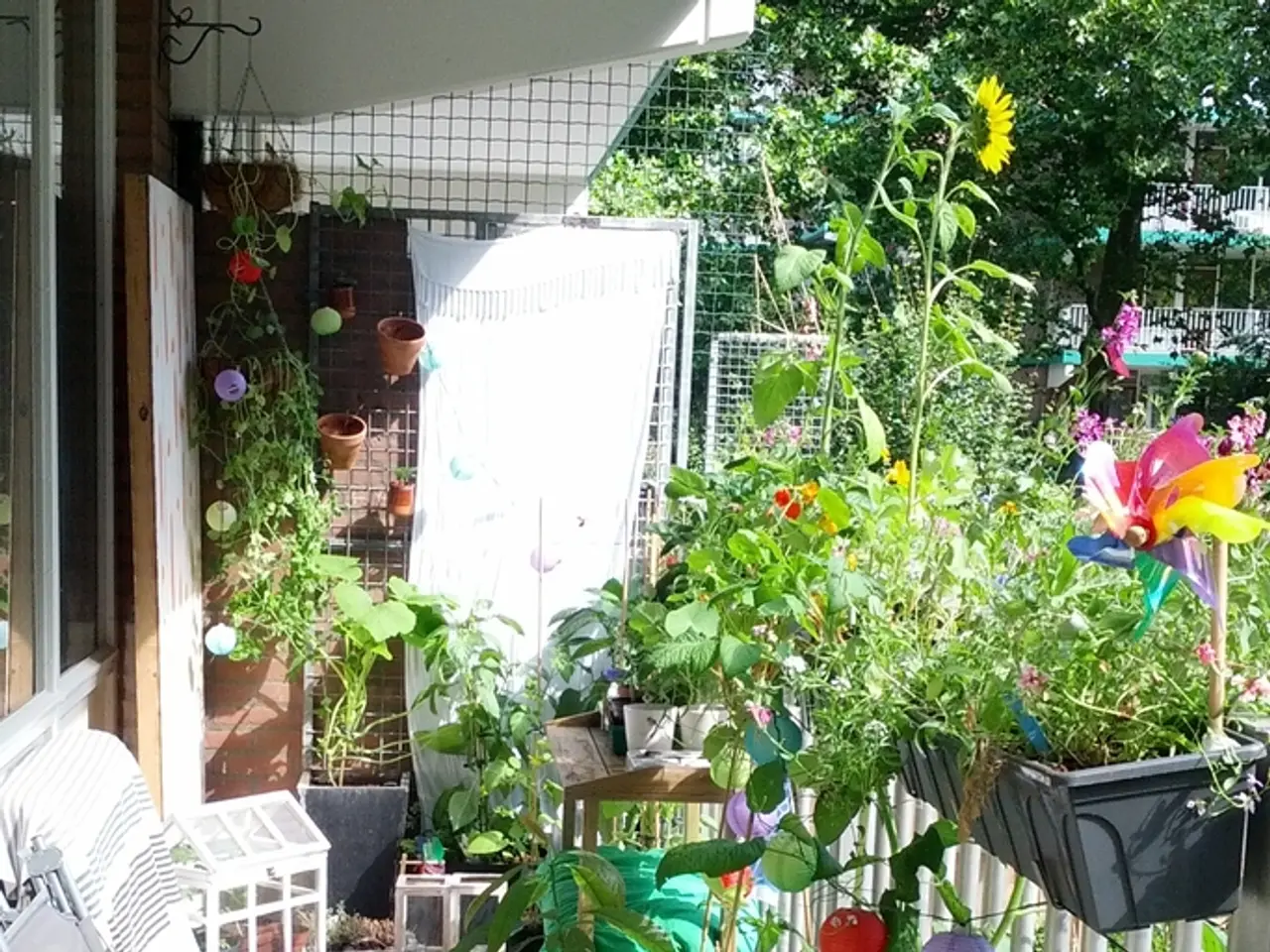Assessment of Smart Home Systems: Not All Devices Fulfill Every Demand
In a recent test by Stiftung Warentest, 14 smart home systems were evaluated based on flexibility, ease of use, and compatibility. The top-performing systems that stood out in these categories are:
1. **Home Assistant** (Open-Source System) - Overall Score: 2.3 - Highly flexible and compatible with numerous devices from various providers - Exceptionally robust during disruptions and functions completely offline without the internet or cloud services, making it a great choice for users who value data protection
2. **Homey** (from the Netherlands) - Overall Score: 2.3 - Known for its clear leadership in usability, despite its wide range of functions, Homey is easy to set up and operate - Also highly versatile and flexible due to extensive support for various wireless interfaces and accessories
These two systems share the **test victory** at Stiftung Warentest[1][2].
Other systems with good ratings include:
1. **Samsung SmartThings** - Overall Score: 2.4 - Strong ecosystem backed by large technology corporations - Good compatibility, solid usability
2. **Apple Home** - Overall Score: 2.5 - Also offers high compatibility within the Apple universe and good flexibility[1].
Overall, the testers showed that only four of the 14 tested systems can truly be considered "good", with no single system meeting all needs. It is particularly important to choose a system based on individual requirements regarding ease of use, compatibility, and offline capabilities. Home Assistant excels in robustness and data protection, while Homey stands out for its simple handling and wide range of functions[3].
**Conclusion:** For users seeking a highly flexible, compatible, and robust smart home system, Home Assistant and Homey take the leading position on Stiftung Warentest's recommendation list. Samsung SmartThings and Apple Home follow as solid alternatives from large technology corporations[1][2][3].
The test criteria for smart home systems include operation via app, voice assistant, and compatibility. The hub, which acts as the control center for a wireless and switching center in a smart home system, is connected to all sensors and end devices in the house and mediates between devices and control apps on smartphones or tablets. A smart home system can control blinds, temperature, front door lock, and coffee maker based on weather, time, or alarm clock. The cost of the hubs tested ranges from 50 to 400 euros.
- particulate home-and-garden enthusiasts might appreciate the offline capabilities of Home Assistant, making it an ideal choice for managing smart home devices without relying on internet or cloud services.
- As for technology enthusiasts looking for a smart home system with impressive usability and wide compatibility, Homey, with its clear leadership in these areas, could be an excellent option to consider.




